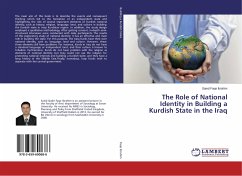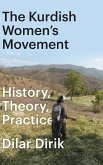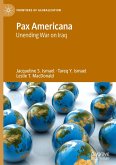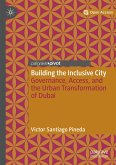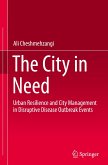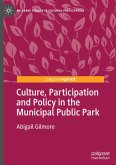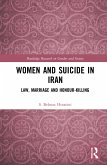This book will fill an important gap in the knowledge of Middle Eastern cities by reconstructing the historical process of Sanandaj's formation and development until the rise of modernization in Iran. It discusses the nature of Kurdish settlements and the interaction between the social and spatial forces that have conditioned the processes and patterns of city formation and development over time. It identifies distinctive aspects of Kurdish settlements, such as their extroverted connection with the landscape, and the fluent interplay between private and public realms in female experience, providing a foundation for further studies of other Kurdish cities in the region. It will be an excellent resource for students and researchers of urban studies, geography, social science, and Kurdish studies.
Bitte wählen Sie Ihr Anliegen aus.
Rechnungen
Retourenschein anfordern
Bestellstatus
Storno


